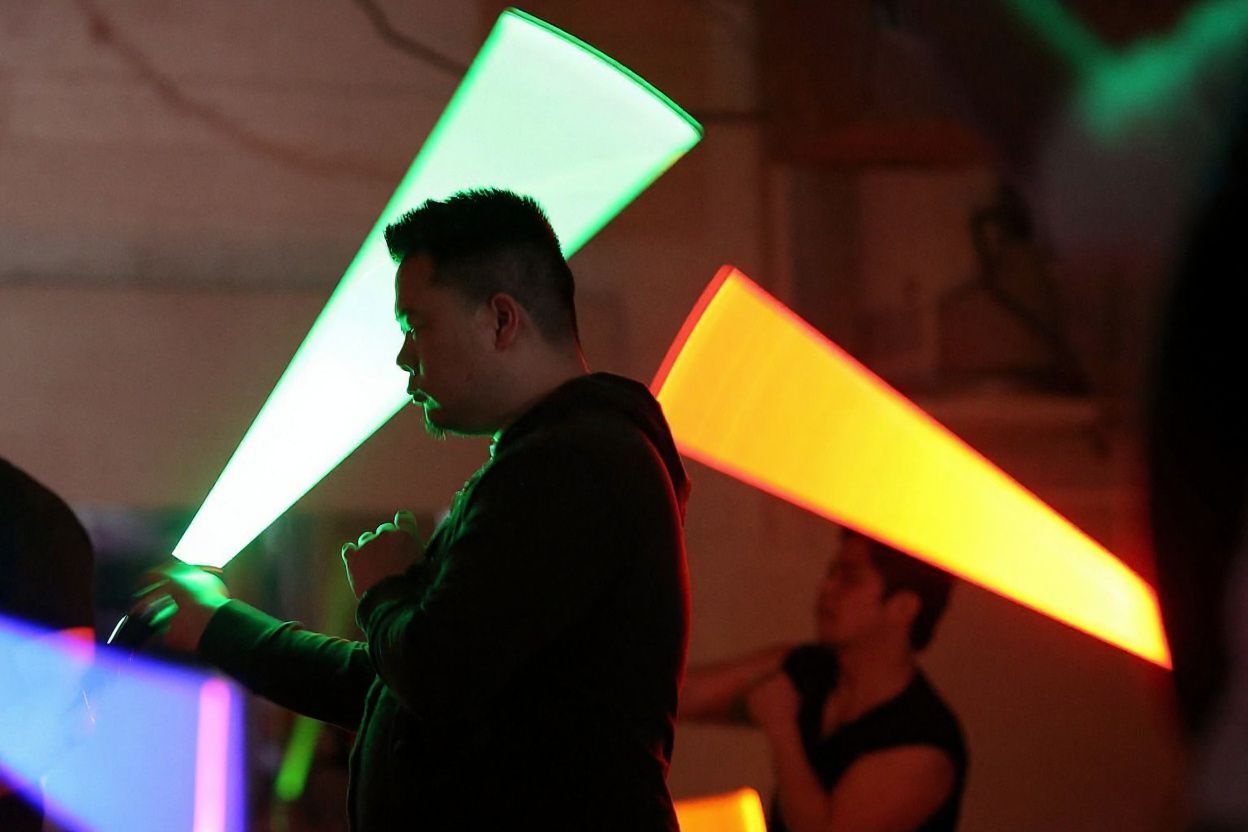
As Star Wars fans worldwide rejoice over the two-episode premiere of the much-anticipated “Obi-Wan Kenobi” series by Disney+, there’s much we can learn from the eponymous character. Famed for his wisdom and witty aphorisms, the Jedi Master has been an enduring figure in popular culture for over four decades since “A New Hope” took the world by storm.
Mindfulness and the Jedi philosophy
“There is no emotion, there is peace. There is no ignorance, there is knowledge. There is no passion, there is serenity.” Those are the first three lines of the Jedi code, a set of guidelines governing the behaviour of the fictional order. More than just clever mind tricks and wielding lightsabers, being a Jedi also means eschewing attachment and chaos. This requires conscious attunement to one’s emotions, and not letting them cloud good judgement in any situation.
If that sounds familiar, it’s because creator George Lucas drew heavily on the spiritual messages of religions such as Buddhism and Taoism to shape the creed. The Jedi way has inspired numerous analyses and followings over the years — you can even take university courses on “Star Wars” religions, or join a real academy that teaches you how to apply the Force.
Either way, some of Kenobi’s sage advice teaches us that our greatest battles are sometimes the struggles that we carry within. Whether you’re worried about exams or life after graduation, here are key takeaway moments on achieving a state of Zen from the master himself:
 Awareness of the present moment is similar to the Jedi's meditation with the Force. Source: Justin Sullivan/Getty Images
Awareness of the present moment is similar to the Jedi's meditation with the Force. Source: Justin Sullivan/Getty Images
“Obi-Wan Kenobi” series premiere: Jedi lessons on mindfulness to remember
“Stretch out with your feelings”
One of the first lessons imparted to Luke Skywalker in his training, Kenobi instructs his young students to find connection with the Force through his feelings. The scene is weighted with multiple meanings about the Jedi code: non-attachment doesn’t equal indifference. Here, the Jedi Master teaches Luke that his emotions are the gateway to find connection with the Force. Our feelings, whether good or bad, are often signposts to an inner intuition that can guide us in moments of uncertainty, be it in studies or life in general.
“Your eyes can deceive you; don’t trust them”
What we see doesn’t always reflect the truth. Students in the digital age know all too well about the pressure to achieve and succeed. There’s always someone with better grades and more university offers, someone with more than what you have, living the life you’ve always wanted.
Kenobi’s words to a blindfolded Luke in his training reminds us to not be swayed by what the eyes perceive, but to trust our gut feelings and separate illusion from reality. Mindfulness is about presence of mind — believe in your abilities to thrive, as comparing yourself with others will only lead to a case of impostor syndrome.
 Meditation is a mindfulness tool that helps us connect with our intuition to discern whether our perception mirrors what we actually know. Source: Astrid Stawiarz/Getty Images for POPSUGAR
Meditation is a mindfulness tool that helps us connect with our intuition to discern whether our perception mirrors what we actually know. Source: Astrid Stawiarz/Getty Images for POPSUGAR
“Be mindful of your thoughts, Anakin. They betray you.”
This self-explanatory statement on mindfulness occurs when Kenobi’s pupil is torn between his personal attachments and his commitment to the Jedi order. Like any good teacher, the Jedi Master knows his student is highly reactive to feelings, and intercedes as a voice of reason to think logically.
Learning can be a daunting journey filled with uncertainties, evoking strong emotions when we hit a wall. It’s important to engage with them thoughtfully when tough situations arise, so that we can respond judiciously instead of reacting with haste.
 Don't let disruptive thought patterns pull you to the Dark side when you're feeling down. Source: Michal Cizek
Don't let disruptive thought patterns pull you to the Dark side when you're feeling down. Source: Michal Cizek
“I have the high ground”
The parting shot delivered by Kenobi just moments before defeating Anakin Skywalker goes beyond his topographic advantage in an epic battle between light and dark. Kenobi implies himself as the winner because he possesses the moral high ground.
Although the Jedi order is on the brink of destruction at this point, Kenobi is unperturbed by things beyond his control and focuses on the present moment while staying true to his principles. It’s a feat Anakin was never able to achieve despite his power, which eventually lured him to the Dark Side. The scene is a brief, subtle education in being mindful of our own truths to break disruptive thought patterns, being conscious of when they occur to pull ourselves back to the now.










